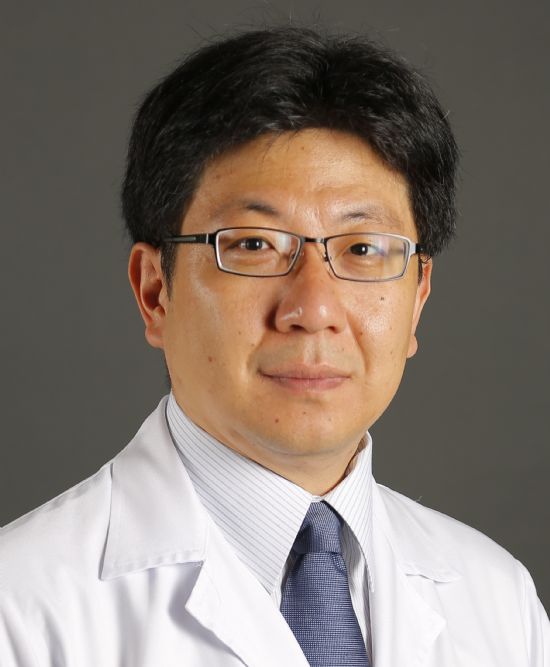Time slot's time in Taipei (GMT+8)
2025/11/22 14:00-17:30 Room 101 AB
- SYMPOSIUM 3&7 Neuromuscular Disorders
Expanding Frontier of Clinical Neurophysiology in Diagnosis and Treatment of Neuromuscular Diseases
- Time
- Topic
- Speaker
- Moderator
- 14:00-14:30
- Advances in neurophysiological biomarkers for disease diagnosis and progression of ALS
- Speaker:
Masahiro Sonoo
(Japan)
- Moderator:
Yi-Chung Lee
(Taiwan)
- Yi-Chung Lee
- MD, PhD
-
Senior Neurologist , Department of Neurology, Taipei Veterans General Hospital
Adjunct Professor, Department of Neurology, National Yang Ming Chao Tung University School of Medicine
E-mail:yichunglee@gmail.com
Executive Summary:
Prof. Yi-Chung Lee is a senior neurologist of Division of Peripheral Nerve System Disorders, the Neurological Institute, Taipei Veterans General Hospital, Taiwan. He is also a professor of Neurology, Yang Ming Chao Tung University, Taiwan. His clinical and research efforts have focused on the genetic diagnosis, molecular mechanism, epidemiology and management of several adult-onset inherited neurodegenerative diseases. His group has identified several novel disease genes, including KCND3 for SCA, GNB4 and INSC for CMT, and WARS1 for distal hereditary motor neuropathy. His group has also delineated the clinical spectrum and genetic landscapes of CADASIL, NIID, CMT, ALS, and HSP in Taiwan.
Prof. Yi-Chung Lee is a senior neurologist of Division of Peripheral Nerve System Disorders, the Neurological Institute, Taipei Veterans General Hospital, Taiwan. He is also a professor of Neurology, Yang Ming Chao Tung University, Taiwan. His clinical and research efforts have focused on the genetic diagnosis, molecular mechanism, epidemiology and management of several adult-onset inherited neurodegenerative diseases. His group has identified several novel disease genes, including KCND3 for SCA, GNB4 and INSC for CMT, and WARS1 for distal hereditary motor neuropathy. His group has also delineated the clinical spectrum and genetic landscapes of CADASIL, NIID, CMT, ALS, and HSP in Taiwan.





